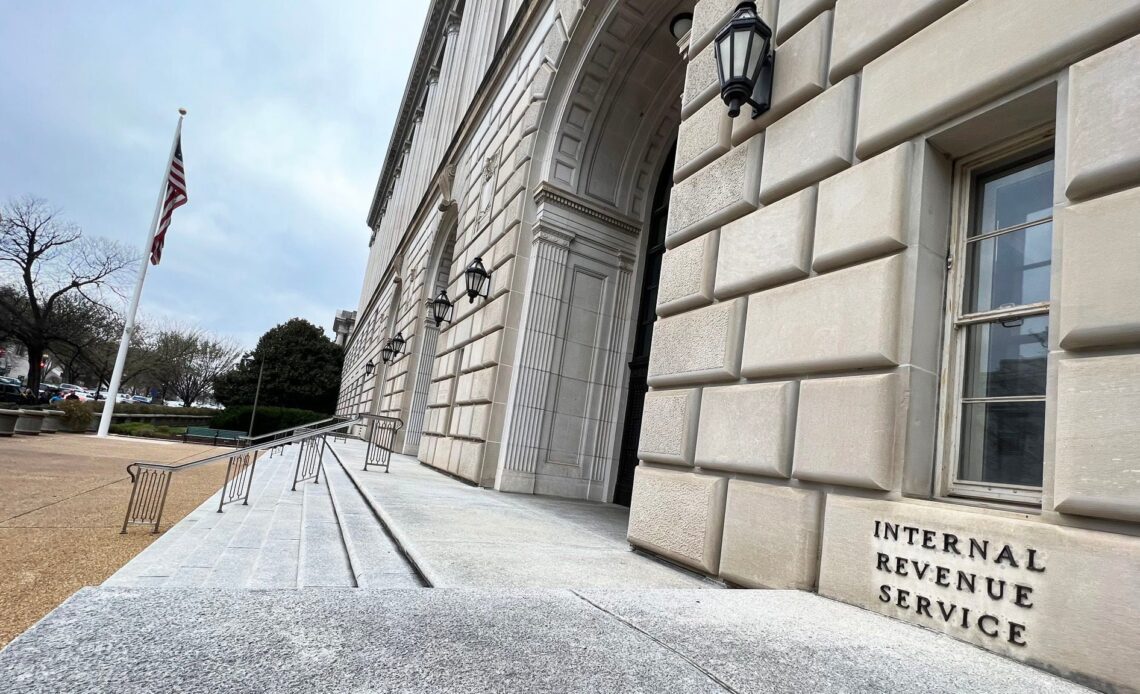Arguably, one of the largest developments affecting the digital asset industry this year comes from a sleepy corner of the tax law. In August, the Department of the Treasury and the Internal Revenue Service issued proposed regulations implementing a law that extended Form 1099 information reporting by securities brokers to digital asset brokers.
The proposed regulations would apply broadly to many businesses in the digital asset ecosystem, which will require them to set up systems to collect and report the information to the IRS and their customers and require collection of most of the information beginning in 2025, and since we do not anticipate final regulations until sometime next year, companies will have little time to set up their systems.
This post is part of CoinDesk’s Tax Week 2023, presented by TaxBit.
Here we discuss the broad scope of the proposed digital asset reporting regulations and what it might mean for potential brokers and their customers.
Background
Before the Infrastructure Investment and Jobs Act of 2021, section 6045 generally required brokers to file information returns on Form 1099-B for each customer for whom the broker sold stocks, commodities, regulated futures contracts, and other specified financial instruments. The Form 1099-B is filed with the IRS, and a copy is sent to the customer so that the customer has the information needed to complete and file their tax return. The IRS then matches the Form 1099-B to the tax return and identifies any under-reported amounts.
Because of this matching process, Americans’ voluntary tax compliance increases substantially when there is third-party information reporting. For example, the U.S. Government Accountability Office published an analysis in December 2020 showing that the net amount misreported was 55% where there was little or no information reporting (e.g., sole proprietor earnings or sale of business property), but that amount fell to 5% where third-party information reporting was required. As a result, when the IRS expressed concern that there was substantial nonreporting of cryptocurrency transactions, Congress responded by expanding information reporting to digital asset brokers.
Read more: Kirk Phillips – The IRS Is Making Crypto Compliance Impossible
The amendments made by the Infrastructure Act were…
Click Here to Read the Full Original Article at Cryptocurrencies Feed…
























